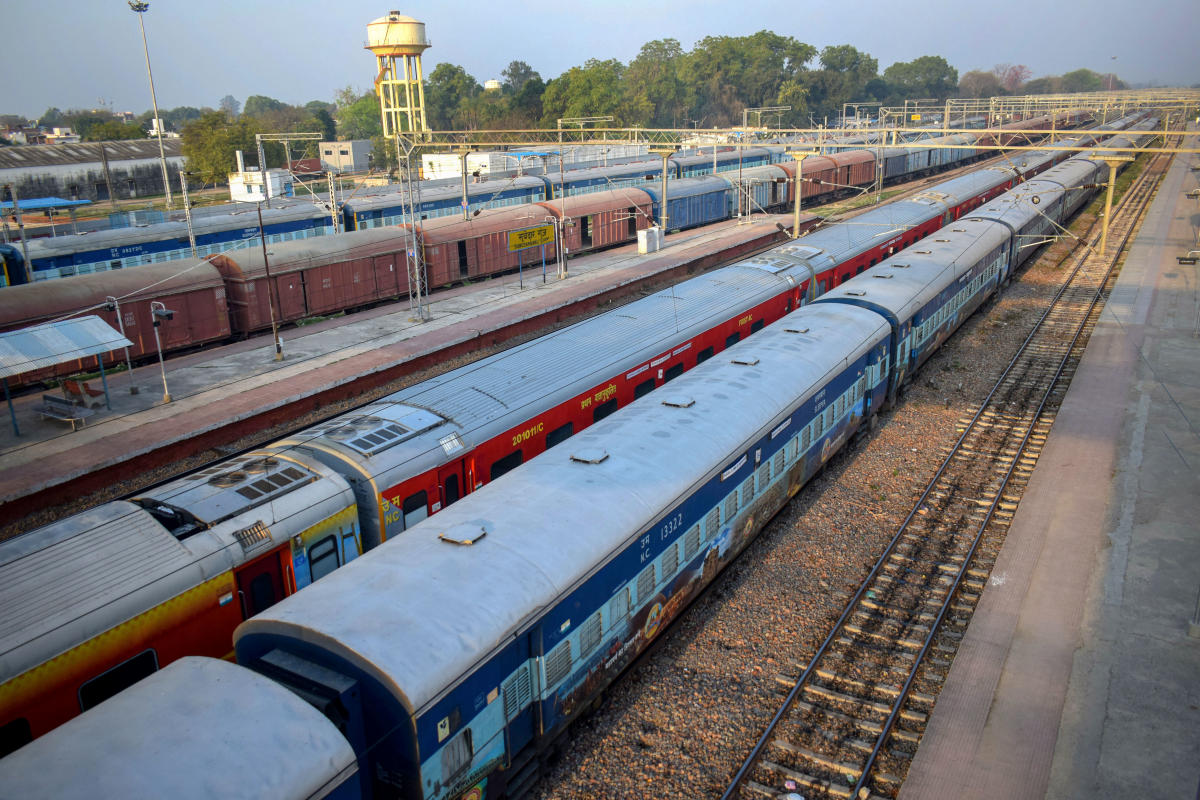The Authority of the CBI to investigate in the jurisdiction of Railway Area will remain unfettered by the withdrawal or grant of consent by the State Government. The judgment was given by the single bench of Hon’ble Justice Sabyasachi Bhattacharya in the case of Anup Majee vs.Union of India [WPA no.10457 of 2020] by stating the above-cited reasons.
In the instant case, An FIR was lodged against the accused (appellant) for being involved in criminal conspiracies, criminal breach of trust by public servants, and criminal misconduct by public servants by dishonestly or fraudulently misappropriating the property entrusted to them or any property under their control as public servants or allowing other persons to do so. The accused was the director of a company named Mark Enclave Private Limited, which was engaged in the business of purchase and sale of coal.
The FIR specified the place of occurrence of the offence as leasehold area of ECL under Kunustoria, Kajora area, District West Burdwan, corresponding Railway Sidings, and other places. The petitioner was one of the accused persons named in the FIR. The arguments were held that the extension of powers and jurisdiction of the CBI to any area (including Railway areas) in a State, granted by the Central Government under Section 5, is subject to the consent of the concerned State Government under Section 6 of the 1946 Act. Thus, in view of the withdrawal of such consent by the State of West Bengal, the CBI had no authority to register FIR and conduct an investigation pursuant to the same within West Bengal.
And it was argued that railway areas are exempt from the purview of the State’s consent u/s 6. On the contrary, the respondent’s counsel argued that the Railways Act, 1989 is a complete code by itself and covers Railway offences. As such, it is argued that the CBI has no authority to investigate in Railway areas, in the absence of any consent by the State Government in that regard. As such, the conduct of the investigation by the CBI for such offence, in Railway areas, is dehors the law.
It was contended that the present investigation was in connection with illegal mining of coal, which can only take place in coal mines and not in Railway areas. It was submitted that Section 6 2(32A) of the 1989 Act describes “Railway land” as any land in which a Government Railway has any right, title, or interest.
While observing all the arguments, the HC bench held that the extension of powers and jurisdiction of members of the Delhi Special Police Establishment to a State would automatically include Railway areas falling therein, in the absence of any specific exclusion of such areas in the order conferring such powers. The bench clarified that the “CBI shall have the authority to summon any witness or suspect for the purpose of interrogation, even if they reside outside the Railway areas in West Bengal, to the limited extent as such interrogation is necessary for investigation within the Railway areas”. And therefore, the HC bench disposed of the plea.


